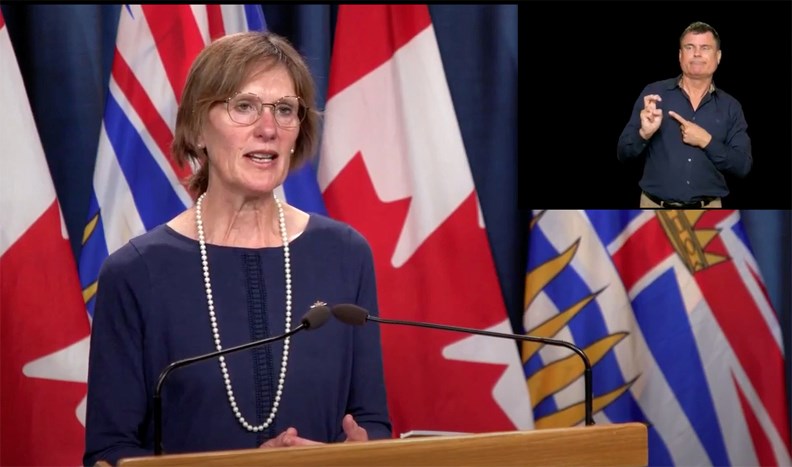A sweeping funding agreement announced last month to provide assistance to public transportation in B.C. has now been extended to include BC Ferries – and the extra millions should be spent on restoring service levels, keeping fares down and delivering safe passage during the pandemic, says the province’s transportation minster.
“We want to ensure potential provincial and federal Safe Restart funding helps BC Ferries to continue to deliver service but it must be done in a way that ensures the interest of people and coastal communities are front and centre,” said Claire Trevena, Minister of Transportation and Infrastructure, at the Aug. 11 announcement.
Under the federal-provincial Safe Restart Agreement, announced last month, the province earmarked $1 billion to address impacts of COVID-19 on local government and public transportation services, conditional on matching federal funding.
Both BC Transit and TransLink were expected as recipients – but at the time it was unclear whether money would be allocated to BC Ferries.
That changed on Aug. 11, when Liberal MPs Patrick Weiler and Jonathan Wilkinson announced jointly with Trevena the company has been made eligible.
The $540 million the federal government has committed alongside matching funding from the province will be allocated to all transit authorities in B.C., said Wilkinson. However, he added, “the precise split in terms of that is something I think the provincial government is still working through, but certainty that will come forward in due time.”
Trevena said a task force including representatives from the provincial government, BC Ferries Authority Board, BC Ferries Services Board and BC Ferries will work collaboratively to “ensure when BC Ferries is ready to bring forward a comprehensive relief proposal, all necessary information is made available to support the government’s decision.”
In a statement released following the announcement, BC Ferries president and CEO Mark Collins described it as “welcome news,” and said the company looks forward “to working with the Province to learn details of the Safe Restart Agreement.”
While an exact timeline for when the proposal will be submitted wasn’t provided, Wilkinson said the funding allocation would occur “over the coming weeks.”
And as far as how the money would be used, Trevena repeatedly emphasized public interest would be “at the heart of it.”
“As we work towards finding solutions, I expect BC Ferries to emphasize its focus on ensuring the public interest is a priority. This means restoring service to pre-COVID-19 levels, keeping fares affordable and contributing to the safe and responsible restart of our economy.”
West Vancouver-Sunshine Coast-Sea to Sky Country MP Patrick Weiler said reduced service levels over the last few months have impacted tourism, disrupted coastal supply chains, people’s ability to get to work and medical appointments.
Reduced revenue “has also impacted the ability of BC Ferries to make much needed investments in more ferries and improve terminals so that a high level of service can be assured in the future,” he said, and those issues were communicated to Deputy Prime Minister Chrystia Freeland as part of region’s lobbying efforts to get money for BC Ferries.
“Increasing the amount of BC Ferries sailings is the number one priority for our communities, like the Sunshine Coast, that depend on our marine highways,” said Weiler. “This pandemic has moved this from a priority to a necessity.”
Shortly after the restart agreement was announced in July, the Canadian Ferry Association (CFA), chaired by Collins, said the “vast majority of the sector” was ignored because the funding would likely only support ferry systems that operate as part of municipal transit systems.
During the Aug. 11 announcement, when asked why there was a delay including BC Ferries as an eligible recipient, Wilkinson said it was a “function of the work that needed to be done” to get clarity, citing ongoing funding negotiations with other provinces and territories.



